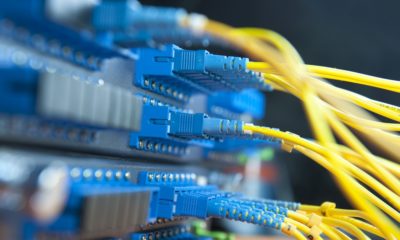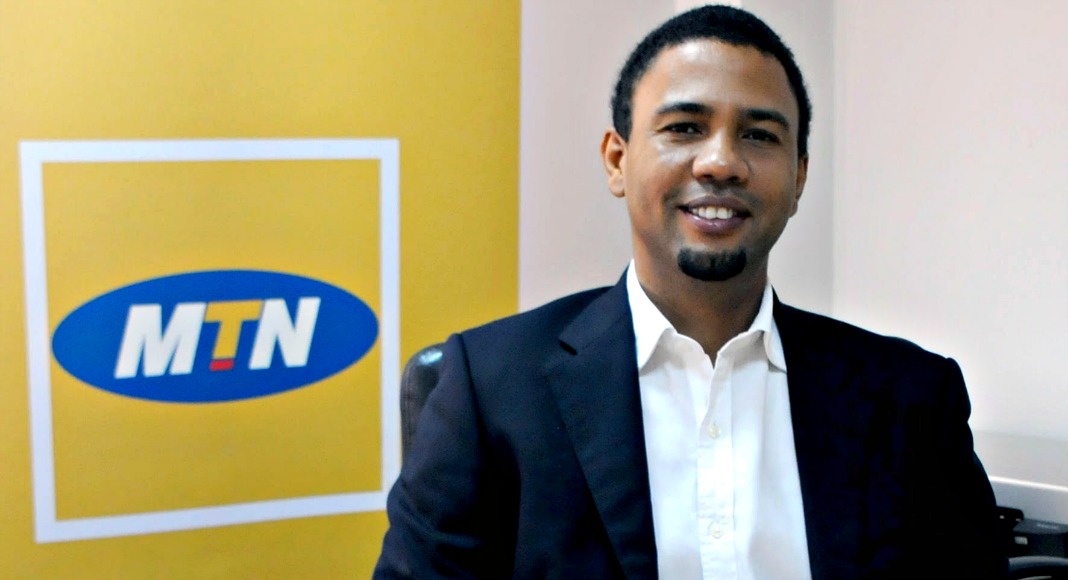Telecommunications
Network Service Providers in Nigeria Lose Millions of Voice Subscribers as Broadband Penetration Drops
Network service providers in Nigeria have reportedly lost about 2.5 million voice subscribers as broadband internet penetration declines.

Telecommunications
MTN Nigeria to Convene Extraordinary General Meeting to Address Capital Loss
Telecommunications
NCC Files Copyright Infringement Charges Against MTN Nigeria and Others
Telecommunications
MTN’s MoMo Sees 32.2% Surge in Transaction Volumes
-

 Forex2 weeks ago
Forex2 weeks agoZiG to the Rescue: Zimbabwe Shifts Gear with New Currency Backed by Gold
-



 Naira2 weeks ago
Naira2 weeks agoDollar to Naira Black Market Today, April 9th, 2024
-

 Naira4 weeks ago
Naira4 weeks agoDollar to Naira Exchange Rate at Black Market Today, March 21st, 2024
-

 Company News4 weeks ago
Company News4 weeks agoNNPC Gears Up for Public Listing, Embraces Full Commercialization
-

 Billionaire Watch1 week ago
Billionaire Watch1 week agoNigerian Billionaire Tony Elumelu Contemplates Acquiring NPFL Club
-





 Naira2 weeks ago
Naira2 weeks agoDollar to Naira Black Market Today, April 8th, 2024
-





 Naira1 week ago
Naira1 week agoNaira Hits Eight-Month High at 1,120/$ Amidst Central Bank Reforms
-





 Naira4 weeks ago
Naira4 weeks agoDollar to Naira Black Market Today, March 26th, 2024





















